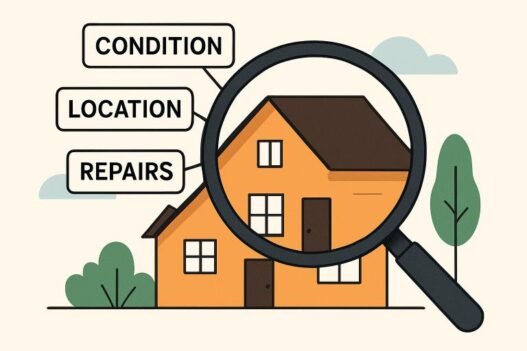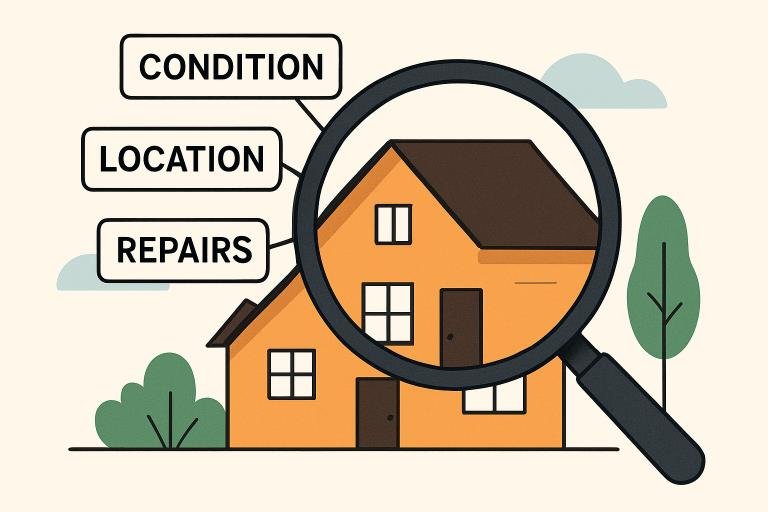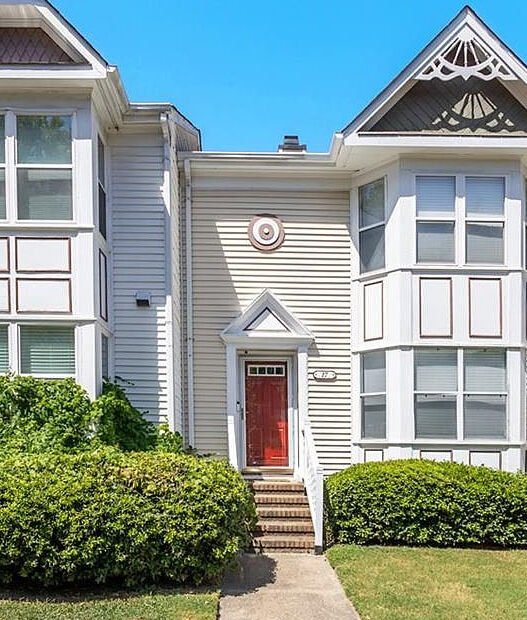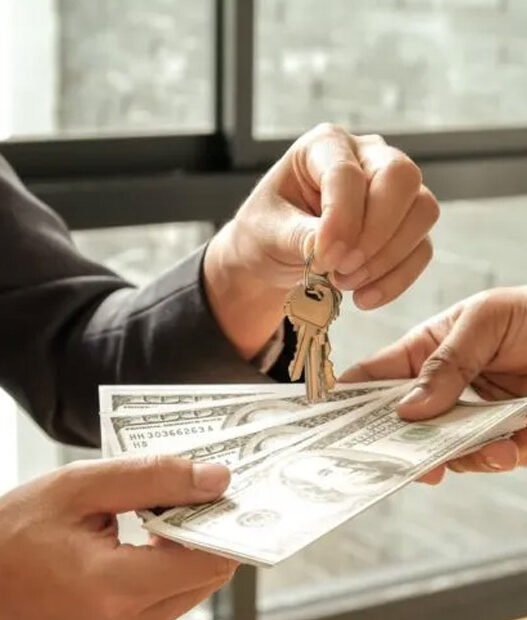Working with cash buyers can streamline the transaction and provide more certainty when selling your home. However, homeowners must understand the buyers’ decision-making process to determine an offer. Factors extend beyond just square footage and aesthetics—cash buyers, including reliable cash house buyers and local buyers, scrutinize everything from neighborhood desirability to repair costs to calculate a fair, competitive price for your property.
Knowing how cash buyers view your property can help set realistic expectations and empower you to negotiate effectively. This guide explores each factor that goes into their assessments, so you can take practical steps to maximize your home’s appeal and value in a cash transaction.
Many cash buyers have established systems for quickly evaluating properties, and partnering with experienced professionals ensures a smoother selling experience. It’s also wise to research multiple buyers, including local buyers, ask questions, and compare offers to find the best fit for your needs.
Location and Neighborhood
The old real estate adage is true: “location, location, location.” Where your property is situated is one of the first things cash buyers evaluate. Homes in high-demand communities—often featuring low crime rates, good schools, and access to shopping, parks, or transit—generally attract stronger offers. On the other hand, houses in less desirable neighborhoods may get lower valuations, reflecting local demand and resale potential. Working with trusted professionals like https://www.reliablecashhousebuyers.com/ can help sellers better understand how location influences value and what to expect during cash sales. According to Forbes, the neighborhood’s overall appeal significantly affects a home’s marketability and offers prices.
Property Condition
The state of your property is crucial. Cash buyers thoroughly inspect the home’s structure, systems, and cosmetic features. Structural problems such as shifting foundations or roof leaks are immediate red flags and reduce offers. Functioning HVAC, electrical, and plumbing systems are expected; outdated or failing systems further decrease value. Modern and clean kitchens and bathrooms add curb appeal, while outdated finishes mean more investment for the buyer. Presenting a well-maintained home, even if basic, can lead to better offer terms.
- Structural Integrity:Issues such as foundation cracks, moisture problems, or roofing concerns can lower a buyer’s offer.
- Systems and Utilities:Electric, heating, cooling, and plumbing systems should work safely and efficiently.
- Cosmetic Appeal:Fresh paint, new fixtures, and updated kitchen or bath features stand out.
Comparable Sales (Comps)
Professional buyers analyze recent sales of similar homes—called comparables or “comps.” This process adjusts for key differences such as home size, lot features, updates, and condition. For example, if similar houses on your street recently closed around $300,000, this figure will anchor their initial valuation. In fluctuating markets, buyers closely monitor the prices of these sales to avoid overpaying. This approach also allows transparency, as sellers can research comparable sales using tools such as Zillow.
Market Conditions
The broader real estate landscape—whether it’s a buyer’s or seller’s market—plays a leading role. In a seller’s market, where inventory is low and demand is high, cash buyers might make more competitive offers to secure a deal quickly. Alternatively, a buyer’s market allows for lower offers due to greater seller competition. Staying informed about local trends helps homeowners decide when to list for the strongest possible return.
Cost of Repairs and Renovations
Most cash buyers factor in the estimated costs to repair or update a property. They typically subtract these expenses from the market value for a fair price. For instance, if a house requires $20,000 in upgrades, that amount will be deducted from the offer, ensuring the buyer can still achieve a return on investment. Homeowners can benefit from getting a pre-inspection or requesting repair estimates to anticipate these deductions and avoid surprises during negotiations.
Urgency and Seller Situation
Cash buyers will often expedite their closing timelines, sometimes finalizing a purchase in just days if a homeowner needs to sell quickly—due to foreclosure, divorce, or a job move. While the convenience is valuable, sellers should understand that a faster sale might come with a lower offer. Balancing urgency with value is key: if your timing is flexible, you may be able to negotiate a higher price.
Investment Potential
Cash buyers commonly view homes as investment opportunities. They’ll calculate expected rental returns, projected appreciation, and future resale prospects. A property in a revitalizing area or near new developments may attract better offers because buyers see long-term profit potential. Research by CNBC highlights that places with growing job markets or infrastructure upgrades often become magnets for investor interest and premium prices.
Legal and Financial Considerations
Clear legal title is a non-negotiable aspect for every cash buyer. Experienced buyers always investigate title reports, check for liens, and ensure the property is free of disputed claims. Any complications can delay or reduce an offer—sometimes significantly. To smooth the selling process, sellers are encouraged to resolve outstanding legal issues or liens before listing.













